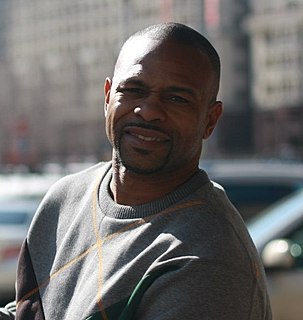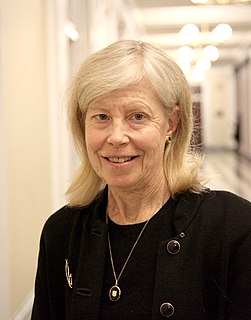A Quote by John Roberts
Judges have to have the humility to recognize that they operate within a system of precedent, shaped by other judges equally striving to live up to the judicial oath.
Related Quotes
I think the judging process is full of integrity, compared to some other prizes around the world. The fact that they change the panel of judges every year keeps it from becoming corrupt. I think it's very difficult if you've got judges for life; obviously relationships are cultivated between judges and authors, and publishing houses.
The Supreme Court's most conservative Justices have presented themselves as great respecters of precedent and opponents of 'judicial activism' - of judges using the Constitution to strike down laws passed by the elected branches of government. If they are true to those principles, they should uphold rent control.
I do think the whole question of judicial accountability is a complicated one. On the one hand, you want to encourage judicial independence. And it's always, I think, problematic when an unpopular decision triggers a recall election. Because it sends a disempowering message to judges. On the other hand, it's the only way that voters have to rein in someone whose views are really so out of the mainstream of public opinion that they jeopardize the legitimacy of the judicial process.
Diversity on the bench is critical. As practitioners, you need judges who 'get it!' We need judges who understand what discrimination feels like. We need judges who understand what inequality feels like. We need judges who understand the subtleties of unfair treatment and who are willing to call it out when they see it!
There's a sorry history of these kinds of charges of bias being leveled at women and judges of color, and also gay and lesbian judges. The theory being that they're going to be incapable of a disinterested judgment on matters that involve their own identity groups. And it came up famously for Constance Baker Motley who was one of the first African American federal judges in a case involving sex discrimination.





























